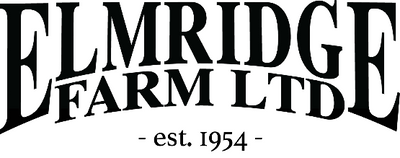
April 29th, 2021
At this point the majority of our potatoes have been planted and we have a good start on our other crops. The first plantings of peas, carrots, beets, onions, spinach and sweet corn are in the ground and we are starting to work through our second plantings of several crops. In order to have a continuous supply of fresh product all season and then, for storable crops, have good quality storable produce to harvest late in the season we plant most crops anywhere from two or three times up to as many as 20 plus times each season. It’s something we have figured out by trial and error over the last 30 years and there’s a fair bit to it; but I’ll talk about that another time….if I haven’t already talked about it in the past….
I want to explain one of the biological “plant protectant” products that we use to control disease in potatoes, carrots and beets as an “in furrow” application at planting. The product is called “Serenade Soil”. Bit of a strange name but actually better than most. Plant protectants and pesticides in general have names that are bizarre enough in some cases as to compete with names in the horse racing world……but at least they are useful……as opposed to horses :-) (that’s a dig aimed at Suzanne and her horse friends; I pride myself in being anti-horse, mostly because it amuses me).
Before we go too far here I think I should touch on some terminology that is, understandably, confusing to many consumers.
- pesticide: it is not only a product that will kill an insect, it is anything that kills a pest (although I’m not sure a fly swatter qualifies as a pesticide). Those pests can be in the form of insects (insecticide), fungi (fungicide), weeds (herbicide), rodents (rodenticide) etc. There are plenty of biological, organically accepted pesticides out there that are as safe as natural soil itself but they are still classed as pesticides and have the same type of highly regulated testing and labeling as even the most dangerous of pesticides. So don’t be scared off by the terminology. Employ doctor google and check out the product if you are in doubt.
- Plant protectant: is a more benign name (compared to pesticide) in the eyes of the public that many in the industry have been using and rightfully too in many cases. It seems wrong to call something as benign as Serenade Soil a pesticide
- Label: the official, PRMA certified users manual, so to speak
- PMRA: Pest Management Regulatory Agency. The government agency that strictly regulates the use of pesticides (see definition above) in Canada. These people mean business, they have no sense of humour and allow absolutely no deviation from what is spelled out in the label. It’s a good thing and part of what makes Canadian food the safest and healthiest in the world.
|
||
|
|



